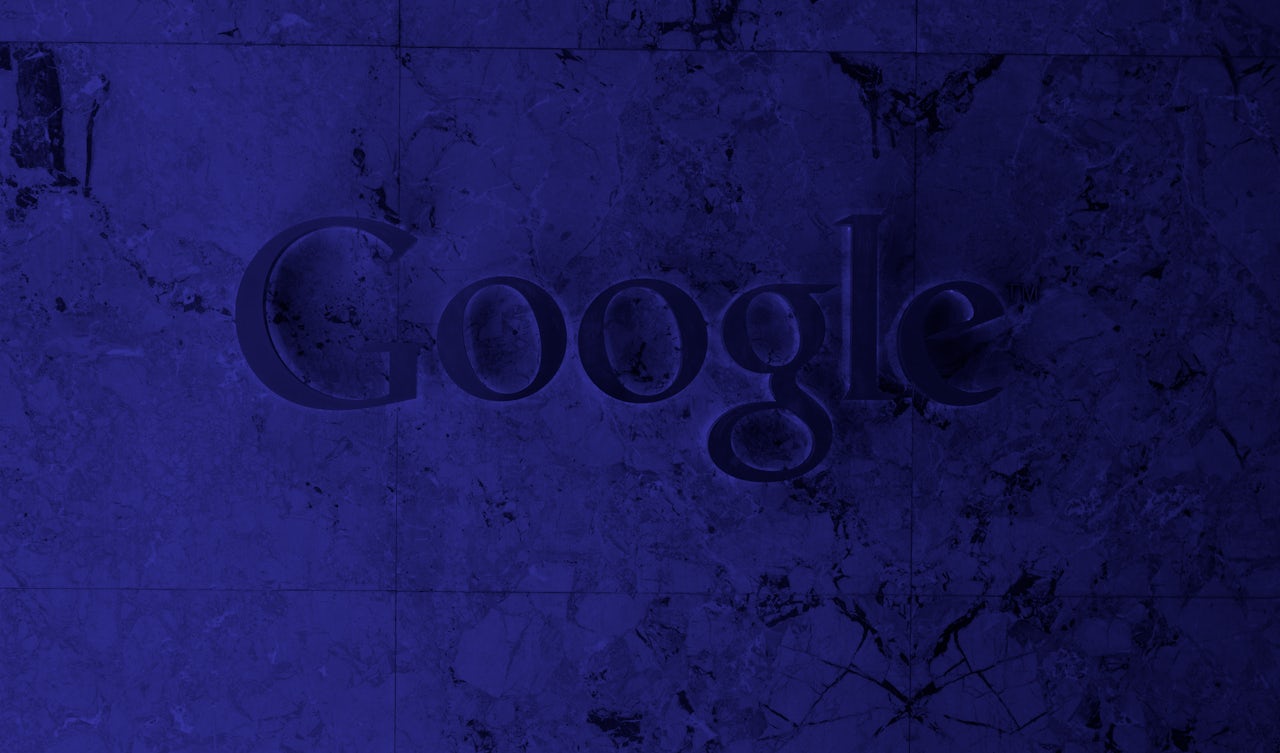According to a report from The Guardian, Google is taking the problem of violent extremism in its YouTube content offerings rather seriously. After a public embarrassment surrounding the programmatic placement of ads from high-end consumer brands alongside videos of beheadings and other violent acts, the company appears to be coming out swinging.
A YouTube spokesperson says that by combining machine learning with human moderators, it’s been able to more than double the amount of videos it identifies as objectionable, and has increased the rate at which it pulls down said content. “Over 75% of the videos we’ve removed for violent extremism over the past month were taken down before receiving a single human flag,” said the representative. “While these tools aren’t perfect, and aren’t right for every setting, in many cases our systems have proven more accurate than humans at flagging videos that need to be removed.”
Additionally, the company has begun partnerships with groups like the Anti-Defamation League to improve its understanding and definition of what constitutes hate speech or radical content. In all, it’s joined forces with 15 organizations in an effort to set guidelines.
Google will also reclassify videos that aren’t violent or illegal in nature but contain “controversial religious or supremacist content.” YouTube will place those lesser evils in a “limited state” where they will, according to the spokesperson, “Remain on YouTube behind an interstitial, won’t be recommended, won’t be monetized, and won’t have key features including comments, suggested videos, and likes.”
Google has also taken the unique and highly intriguing step of redirecting searches for extremist content towards playlists of curated videos that debunk and challenge the search terms and associated ideas.
